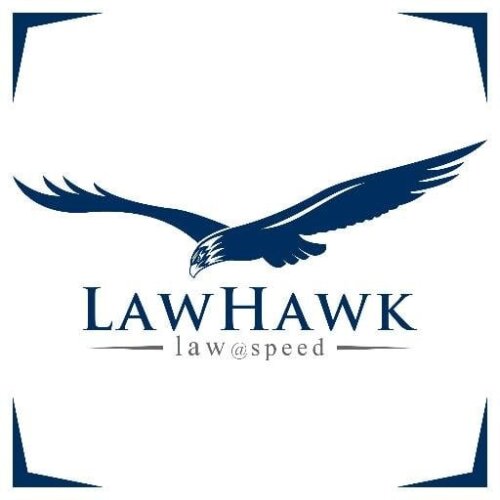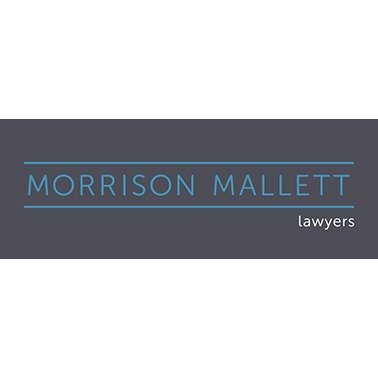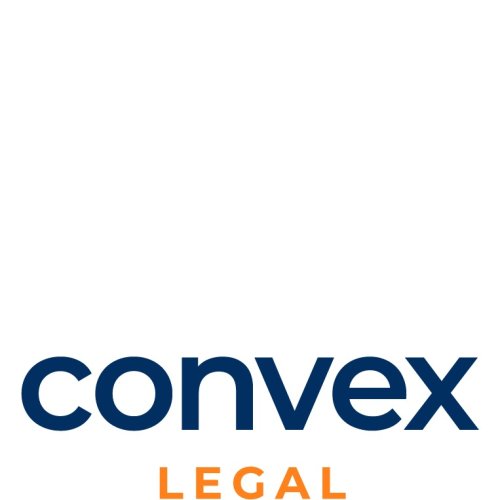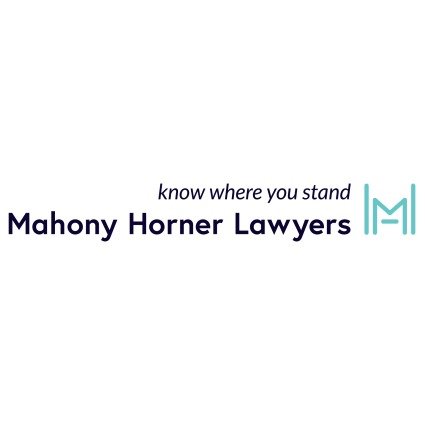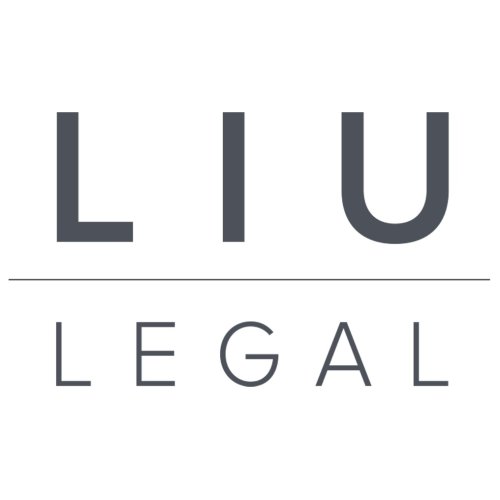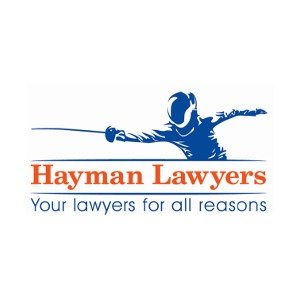Best Licensing Lawyers in Wellington
Share your needs with us, get contacted by law firms.
Free. Takes 2 min.
List of the best lawyers in Wellington, New Zealand
About Licensing Law in Wellington, New Zealand
The field of Licensing Law in Wellington, New Zealand governs the granting of permits and permissions to operate certain businesses, provide certain services, or use certain properties. This can include everything from liquor licenses for restaurants and bars, to building permits for construction projects, to licenses for comprehensively assessing the safety and education institutions. In essence, if you're seeking to operate in a regulated field in Wellington, you'll likely require some kind of license.
Why You May Need a Lawyer
Legal assistance may be required when applying for a license, renewing a license, appeals against license-related decisions, or facing possible license revocation or penalties due to alleged breaches of license conditions. Lawyers can help to ensure that your applications are correctly completed, that you comply with all relevant laws and regulations, and can represent your interests in discussions or disputes with licensing authorities. For businesses, improper management of licensing requirements can result in fines, public notices, and even cessation of operations, so legal advice can be invaluable.
Local Laws Overview
In Wellington, and New Zealand in general, most licensing laws are established and enforced by local councils or national regulatory bodies. For example, alcohol licensing is administered by District Licensing Committees established under the Sale and Supply of Alcohol Act 2012. Building and Resource consents (permits) are required for most building and property development works and are governed by the Building Act 2004 and Resource Management Act 1991 respectively. The specifics of these regulations can vary widely, so it's vital to seek expert advice to ensure you're accurately informed.
Frequently Asked Questions
What can I do if my application for a license is denied?
If your application for a license is denied, it might be possible to appeal the decision. This usually involves a formal review process and potentially legal proceedings, so having a lawyer to assist you can be of great help.
How long does it typically take to receive a license?
The time frame for receiving a license varies depending on the specific type of license. For some licenses, a decision might be made within a few weeks of submitting the application, while others might take months.
Can a license be transferred to someone else?
In most cases, licenses are typically not transferable. That said, the regulation surrounding this may vary based on the specific license in question, and legal advice should be sought in these situations.
Are there penalties for operating without a necessary license?
Yes, operating without a necessary license can result in significant penalties. Depending on the specific circumstances, it can lead to heavy fines, public notifications of the breach, or even forced closure of the business.
What should I do if I'm facing license revocation?
If you're facing license revocation, it's crucial to seek legal advice. A lawyer will be able to help you understand your rights, guide you through the legal process, and represent you in any discussions or proceedings with the licensing authority.
Additional Resources
Comprehensive information on licensing requirements can often be found on the websites of relevant local councils or regulatory bodies. In addition, industry associations and organizations often provide information and resources regarding licensing requirements in their sectors.
Next Steps
If you need legal assistance related to licensing, your first step should be to contact a reliable, experienced licensing lawyer in Wellington. They'll be able to advise you on the specifics of your situation and guide you through the necessary procedures.
Lawzana helps you find the best lawyers and law firms in Wellington through a curated and pre-screened list of qualified legal professionals. Our platform offers rankings and detailed profiles of attorneys and law firms, allowing you to compare based on practice areas, including Licensing, experience, and client feedback.
Each profile includes a description of the firm's areas of practice, client reviews, team members and partners, year of establishment, spoken languages, office locations, contact information, social media presence, and any published articles or resources. Most firms on our platform speak English and are experienced in both local and international legal matters.
Get a quote from top-rated law firms in Wellington, New Zealand — quickly, securely, and without unnecessary hassle.
Disclaimer:
The information provided on this page is for general informational purposes only and does not constitute legal advice. While we strive to ensure the accuracy and relevance of the content, legal information may change over time, and interpretations of the law can vary. You should always consult with a qualified legal professional for advice specific to your situation.
We disclaim all liability for actions taken or not taken based on the content of this page. If you believe any information is incorrect or outdated, please contact us, and we will review and update it where appropriate.



